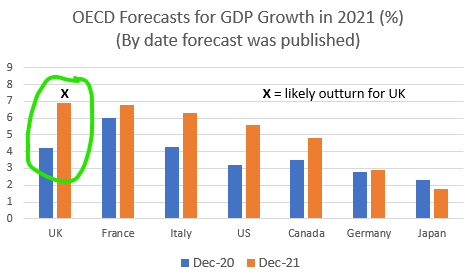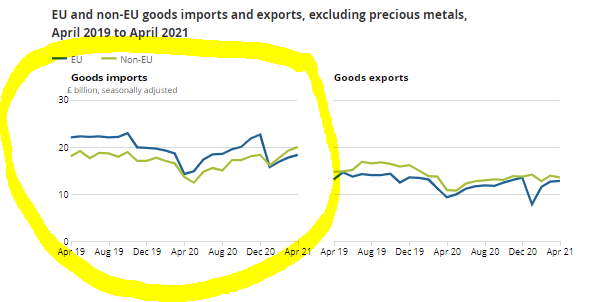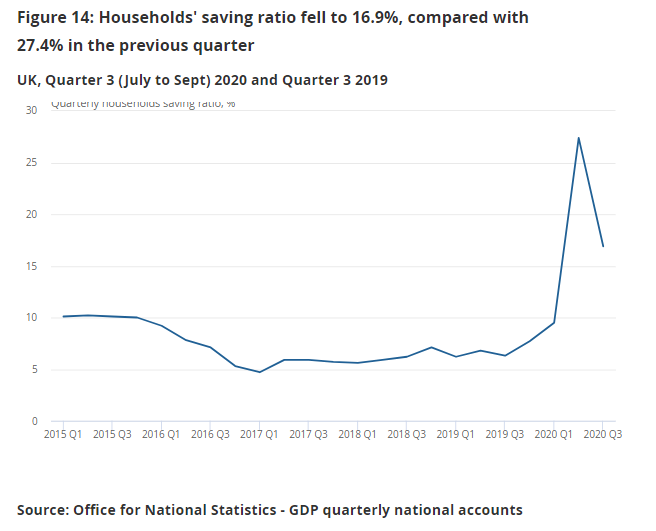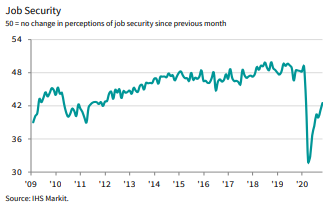
A quick 🧵 on the potential economic impact of the rail strikes.
In short, not a game-changer, but certainly another blow the UK could do without... 🙄 (1/5)
#RailStrikes
In short, not a game-changer, but certainly another blow the UK could do without... 🙄 (1/5)
#RailStrikes
Unions must give warning, so there is some time to make alternative plans.
The series of 1-day #strikes (Tue 21, Thur 23, Sat 25) might be less disruptive than a single, prolonged stoppage, because some customers may be able to reschedule their use during the breaks... (2/5)
The series of 1-day #strikes (Tue 21, Thur 23, Sat 25) might be less disruptive than a single, prolonged stoppage, because some customers may be able to reschedule their use during the breaks... (2/5)
Some of the costs to the economy could also be reduced by ‘home working’, and by the diversion of leisure spending to other activities.
Nonetheless, there will be significant disruption to passenger traffic, and possibly to freight, including supplies of essential goods... (3/5)
Nonetheless, there will be significant disruption to passenger traffic, and possibly to freight, including supplies of essential goods... (3/5)
It will not be easy to replace the use of #rail for freight traffic, especially given the shortage of lorries and lorry drivers, high #fuel costs, and existing congestion on the roads.
It is hard to put any reliable numbers on the overall economic impact, but if I must... (4/5)
It is hard to put any reliable numbers on the overall economic impact, but if I must... (4/5)
For every one million people who are unable to work, the cost in lost activity could be around £250 million per day. Further disruption to supply chains would add to this.
The total cost of three #railstrikes could therefore be as much as £1 billion (0.5% of monthly GDP). (5/5)
The total cost of three #railstrikes could therefore be as much as £1 billion (0.5% of monthly GDP). (5/5)
• • •
Missing some Tweet in this thread? You can try to
force a refresh









